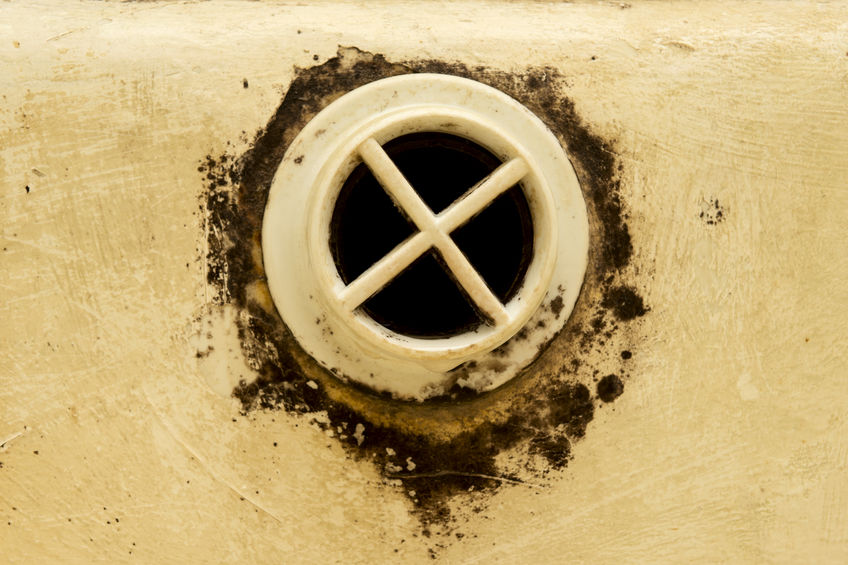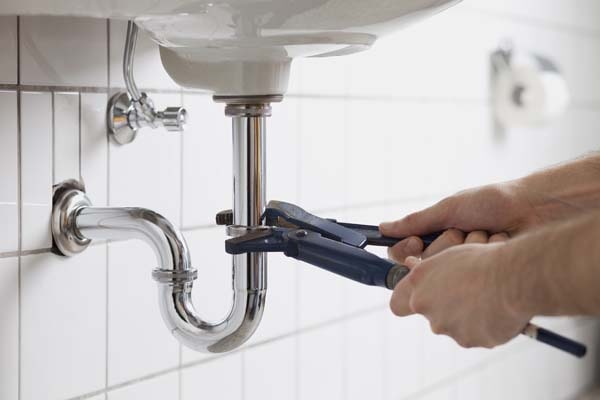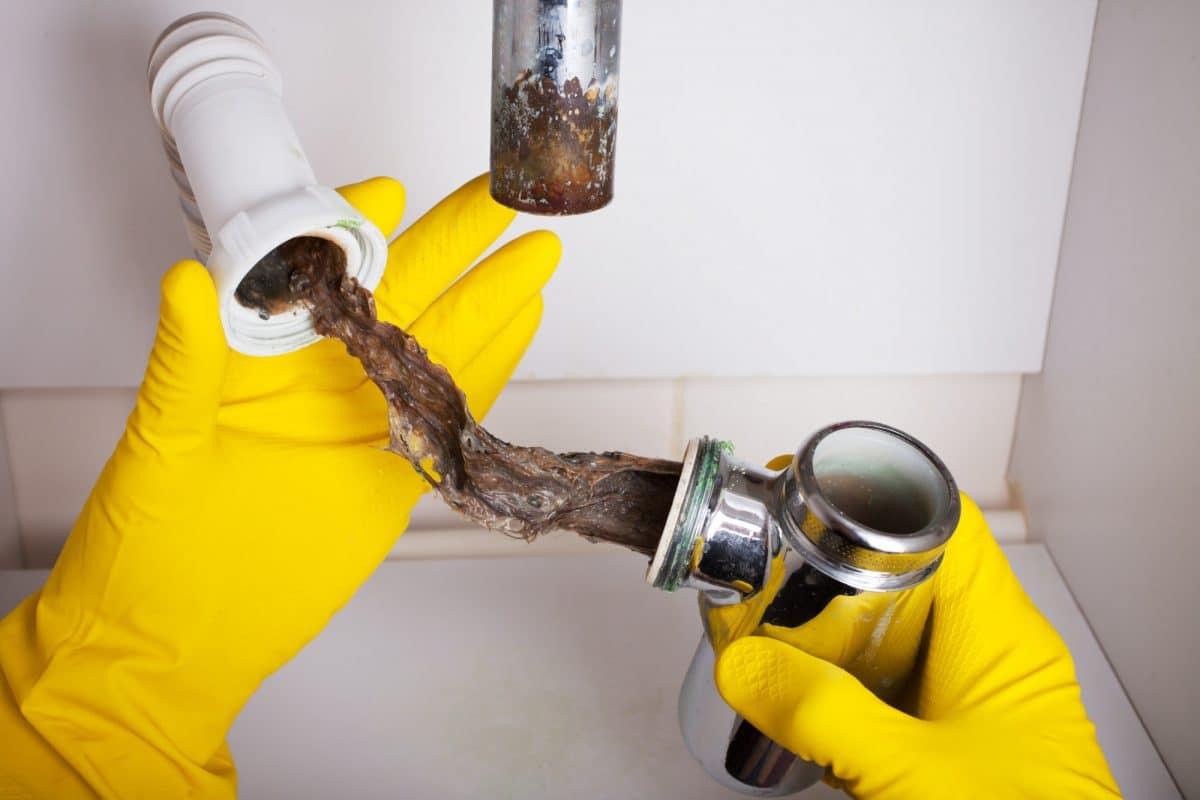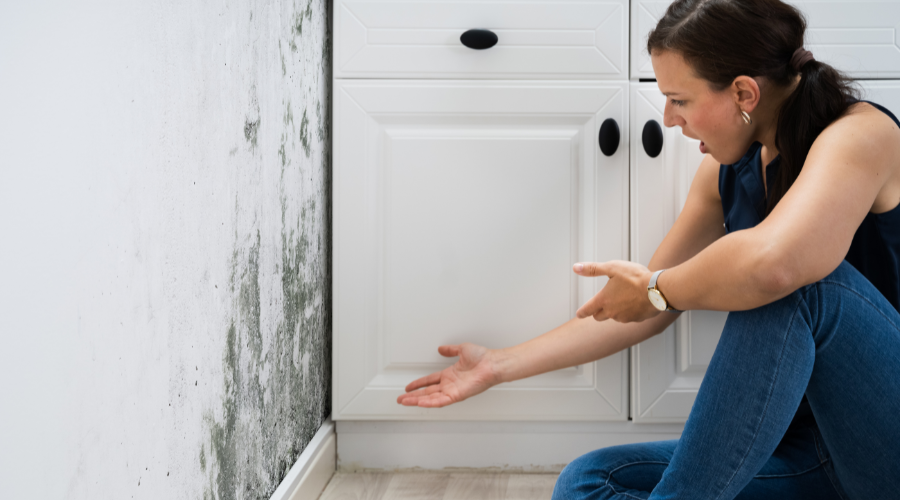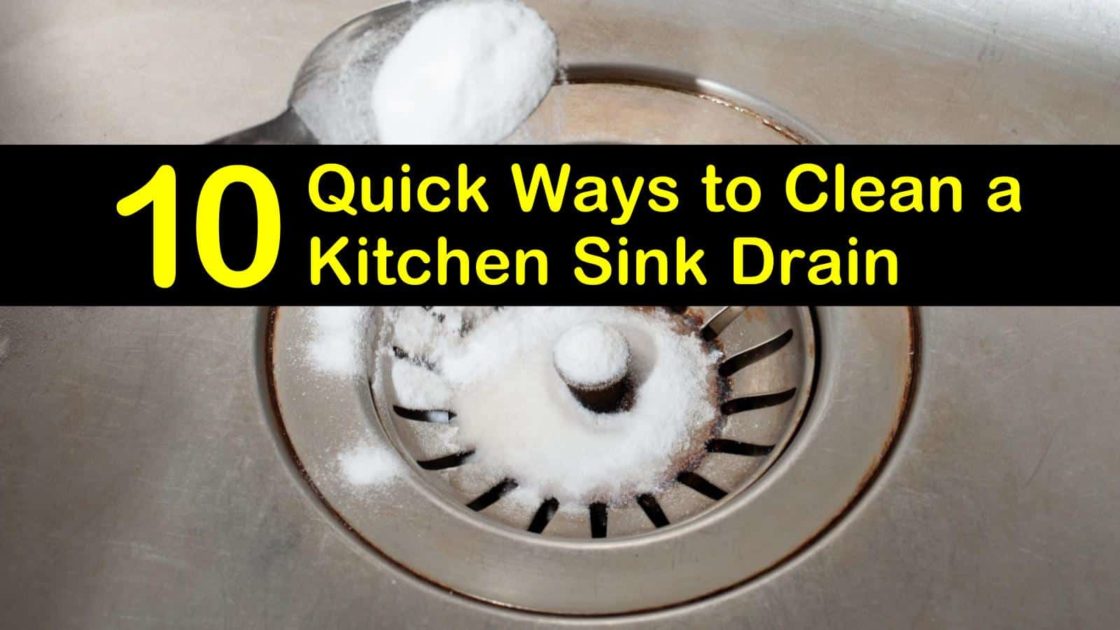Kitchen sink drains can often emit a musty and unpleasant odor, which can be attributed to the presence of mold. Mold is a type of fungus that thrives in moist and dark environments, making your kitchen sink drain the perfect breeding ground. But what exactly causes this mold smell from your kitchen sink drain? Let's take a look at some of the potential causes. 1. Standing Water One of the main causes of mold smell from the kitchen sink drain is standing water. When water sits stagnant in your drain, it can create the ideal conditions for mold to grow. This can happen if you have a slow draining sink or if you don't use your sink frequently enough. Standing water can also occur if there is a clog in your drain, preventing water from properly flowing through. 2. Food Debris Food debris can easily get stuck in your kitchen sink drain, especially if you don't have a garbage disposal. When food particles are left to sit in the drain, they can start to rot and create a foul odor. This can also provide the perfect food source for mold to grow on, leading to the unpleasant smell. 3. Lack of Ventilation If your kitchen sink is not properly ventilated, it can lead to a buildup of moisture in the drain. This moisture can then create the perfect environment for mold to thrive in. Lack of ventilation can also trap odors inside the drain, making the mold smell more noticeable.Causes of Mold Smell from Kitchen Sink Drain
Now that we know some of the causes of mold smell from kitchen sink drain, let's explore some solutions to get rid of it. 1. Clean Your Drain The first step in getting rid of mold smell from your kitchen sink drain is to thoroughly clean the drain. You can use a mixture of hot water and dish soap to scrub away any food debris and mold growth. You can also use a drain snake or plunger to remove any clogs that may be contributing to the smell. 2. Use Natural Remedies There are several natural remedies that can help eliminate mold smell from your kitchen sink drain. For example, you can pour a mixture of baking soda and vinegar down the drain, followed by boiling water, to help break down and remove any mold and bacteria. You can also use lemon juice or essential oils to help freshen up the drain and get rid of odors. 3. Regular Maintenance To prevent mold smell from returning, it's important to regularly clean and maintain your kitchen sink drain. This includes regularly using a garbage disposal if you have one, running hot water down the drain after each use, and using a drain strainer to catch any food debris before it can enter the drain.How to Get Rid of Mold Smell from Kitchen Sink Drain
Prevention is key when it comes to mold smell from kitchen sink drain. Here are some tips to help prevent the unpleasant odor from occurring in the first place. 1. Keep Your Sink Dry As mentioned before, moisture is a major contributor to mold growth. Therefore, it's important to keep your sink as dry as possible. After using the sink, wipe down the walls and bottom of the sink to remove any excess water. You can also use a fan or open a window to help air out the area. 2. Regularly Clean Your Sink In addition to cleaning your drain, it's important to regularly clean your sink as well. Use a mild cleaner and warm water to scrub away any residue or food particles that may have accumulated on the surface of the sink. 3. Fix Leaks Immediately Even small leaks in your kitchen sink can create the perfect environment for mold to grow. It's important to regularly check for and fix any leaks to prevent mold growth and the accompanying odor.Preventing Mold Smell from Kitchen Sink Drain
If you prefer to take a more hands-on approach, there are several DIY solutions you can try to get rid of mold smell from your kitchen sink drain. 1. Bleach Bleach is a powerful cleaning agent that can kill mold and bacteria. Mix a small amount of bleach with water and pour it down the drain. Let it sit for a few minutes before rinsing it with hot water. 2. Hydrogen Peroxide Hydrogen peroxide is another effective mold killer. Mix equal parts of hydrogen peroxide and water and pour it down the drain. Let it sit for a few minutes before rinsing it with hot water. 3. Borax Borax is a natural mineral that can help kill mold and deter its growth. Mix a small amount of borax with water and pour it down the drain. Let it sit for a few minutes before rinsing it with hot water.DIY Solutions for Mold Smell from Kitchen Sink Drain
If your mold smell problem persists or if you're not comfortable handling it on your own, it's best to seek professional help. A plumber or mold remediation specialist can properly diagnose the cause of the mold smell and provide solutions to eliminate it. 1. Professional Drain Cleaning A professional drain cleaning service can help remove any buildup or clogs in your kitchen sink drain that may be contributing to the mold smell. They can also use specialized tools and techniques to thoroughly clean and sanitize the drain. 2. Mold Remediation If the mold smell is coming from a larger mold problem in your kitchen sink drain, it's best to seek the help of a professional mold remediation company. They have the necessary tools and expertise to safely and effectively remove mold from your drain and prevent it from returning.Professional Solutions for Mold Smell from Kitchen Sink Drain
There are a few common mistakes that people make that can lead to mold smell from their kitchen sink drain. By avoiding these mistakes, you can prevent mold growth and keep your kitchen smelling fresh. 1. Not Using the Garbage Disposal If you have a garbage disposal, it's important to use it regularly to prevent food debris from building up in your drain. This can help prevent mold growth and eliminate any potential odors. 2. Not Running Hot Water After using your sink, it's important to run hot water for a few minutes to help flush out any debris and bacteria that may be lingering in the drain. This can also help prevent clogs and keep your sink smelling fresh. 3. Ignoring Leaks Even small leaks can lead to mold growth and an unpleasant odor in your kitchen sink drain. It's important to address leaks as soon as you notice them to prevent them from getting worse and causing more damage.Common Mistakes that Cause Mold Smell from Kitchen Sink Drain
Now that we know the potential causes and solutions for mold smell from kitchen sink drain, it's important to know the signs of mold growth so you can take action as soon as possible. 1. Foul Odor The most obvious sign of mold growth in your kitchen sink drain is a musty and unpleasant odor. If you notice a persistent mold smell, it's likely that there is mold growing in your drain. 2. Visible Mold If you notice any visible mold growth in or around your kitchen sink drain, it's important to address it immediately. Mold can range in color from black to green to white and can appear fuzzy or slimy. 3. Allergy Symptoms Mold can cause allergic reactions in some people, so if you or your family members start experiencing allergy symptoms such as sneezing, coughing, or watery eyes when near the kitchen sink, it could be a sign of mold growth.Signs of Mold Growth in Kitchen Sink Drain
Mold smell from kitchen sink drain may seem like just an unpleasant odor, but it can actually pose some health risks if left unchecked. 1. Allergic Reactions As mentioned before, mold can trigger allergic reactions in some people. This can range from mild symptoms like sneezing and coughing to more severe reactions like difficulty breathing. 2. Respiratory Issues Exposure to mold can also cause respiratory issues in those with respiratory conditions such as asthma. Inhaling mold spores can irritate the lungs and airways, leading to difficulty breathing and other respiratory symptoms. 3. Skin Irritation Skin contact with mold can also cause irritation and rashes in some individuals. This is especially common if you have a mold allergy or sensitive skin.Health Risks of Mold Smell from Kitchen Sink Drain
Regularly cleaning your kitchen sink drain is crucial in preventing mold growth and the accompanying odor. By keeping your drain free of food debris and using natural or DIY solutions to clean it, you can prevent mold from growing and keep your kitchen smelling fresh. 1. Improves Air Quality A clean kitchen sink drain means cleaner air in your home. By eliminating mold and bacteria from your drain, you can improve the air quality in your kitchen and prevent any potential health risks associated with mold growth. 2. Saves Money By regularly cleaning and maintaining your kitchen sink drain, you can prevent costly repairs and replacements in the future. This can save you money in the long run and prevent any further mold growth or damage to your drain. 3. Creates a Hygienic Environment Cleaning your kitchen sink drain is not only important for preventing mold growth, but it also helps create a more hygienic environment in your home. By regularly cleaning your drain, you can reduce the risk of foodborne illnesses and keep your kitchen clean and safe.Importance of Regularly Cleaning Kitchen Sink Drain to Prevent Mold Growth
As mentioned before, leaks in your kitchen sink drain can contribute to mold growth and the accompanying odor. Here's how to identify and fix any leaks to prevent mold from growing. 1. Visual Inspection The first step in identifying leaks in your kitchen sink drain is to visually inspect it. Look for any visible signs of water or moisture around the drain or under the sink. 2. Food Coloring Test If you suspect a leak but can't locate it, you can perform a food coloring test. Add a few drops of food coloring to the sink and see if it shows up in the pipes or under the sink. If it does, you have a leak. 3. Tighten Connections If the leak is coming from a loose connection, you can tighten it using a wrench. Be careful not to overtighten, as this can cause damage to the pipes. 4. Replace Seals If the leak is coming from a damaged or worn out seal, you can replace it with a new one. Be sure to turn off the water supply before attempting to replace any seals. By regularly checking for and fixing leaks, you can prevent mold growth and keep your kitchen smelling fresh.How to Identify and Fix Leaks in Kitchen Sink Drain to Prevent Mold Growth
Why Does My Kitchen Sink Drain Smell Like Mold?
The Culprit: Standing Water in the P-Trap
 One of the most common causes of a moldy smell coming from your kitchen sink drain is standing water in the P-trap. The P-trap is a U-shaped pipe that is located beneath your sink and is designed to hold a small amount of water in order to create a barrier between your home and the sewer system. This water prevents sewer gases from entering your home and causing unpleasant odors. However, if you have a slow draining sink or a leak in the P-trap, the water can become stagnant and create the perfect environment for mold and bacteria to grow.
One of the most common causes of a moldy smell coming from your kitchen sink drain is standing water in the P-trap. The P-trap is a U-shaped pipe that is located beneath your sink and is designed to hold a small amount of water in order to create a barrier between your home and the sewer system. This water prevents sewer gases from entering your home and causing unpleasant odors. However, if you have a slow draining sink or a leak in the P-trap, the water can become stagnant and create the perfect environment for mold and bacteria to grow.
Another Culprit: Food Buildup
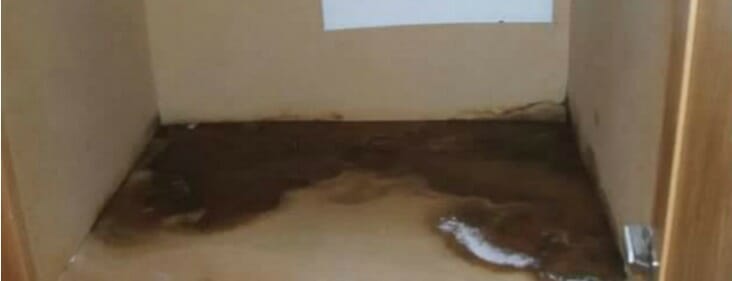 Food particles and residue can also contribute to a moldy smell coming from your kitchen sink drain. Over time, bits of food can get stuck in the P-trap or other parts of your sink pipes, providing a food source for mold and bacteria. This can lead to a foul odor emanating from your drain.
Food particles and residue can also contribute to a moldy smell coming from your kitchen sink drain. Over time, bits of food can get stuck in the P-trap or other parts of your sink pipes, providing a food source for mold and bacteria. This can lead to a foul odor emanating from your drain.
Solution: Regular Cleaning and Maintenance
 To combat a moldy smell coming from your kitchen sink drain, it is important to regularly clean and maintain your sink and pipes. This includes removing any visible food debris from your sink and using a mixture of baking soda and vinegar to clean the P-trap and pipes. You can also use a drain snake to remove any clogs that may be causing standing water in the P-trap.
To combat a moldy smell coming from your kitchen sink drain, it is important to regularly clean and maintain your sink and pipes. This includes removing any visible food debris from your sink and using a mixture of baking soda and vinegar to clean the P-trap and pipes. You can also use a drain snake to remove any clogs that may be causing standing water in the P-trap.
Prevention: Proper Ventilation and Disposal
 Proper ventilation in your kitchen is also key to preventing a moldy smell from developing in your sink drain. Make sure to run the exhaust fan or open a window while cooking or doing dishes to allow steam and moisture to escape. Additionally, avoid pouring grease or oils down your sink as they can solidify and cause clogs in your pipes, leading to stagnant water and a moldy smell.
In conclusion, a moldy smell coming from your kitchen sink drain is not only unpleasant but can also be a sign of potential health hazards in your home. Regular cleaning and maintenance, along with proper ventilation and disposal practices, can help prevent and eliminate this issue. By taking these simple steps, you can keep your kitchen smelling clean and fresh. If the smell persists after trying these solutions, it may be a sign of a larger issue and it is best to consult a professional plumber for further assistance.
Proper ventilation in your kitchen is also key to preventing a moldy smell from developing in your sink drain. Make sure to run the exhaust fan or open a window while cooking or doing dishes to allow steam and moisture to escape. Additionally, avoid pouring grease or oils down your sink as they can solidify and cause clogs in your pipes, leading to stagnant water and a moldy smell.
In conclusion, a moldy smell coming from your kitchen sink drain is not only unpleasant but can also be a sign of potential health hazards in your home. Regular cleaning and maintenance, along with proper ventilation and disposal practices, can help prevent and eliminate this issue. By taking these simple steps, you can keep your kitchen smelling clean and fresh. If the smell persists after trying these solutions, it may be a sign of a larger issue and it is best to consult a professional plumber for further assistance.





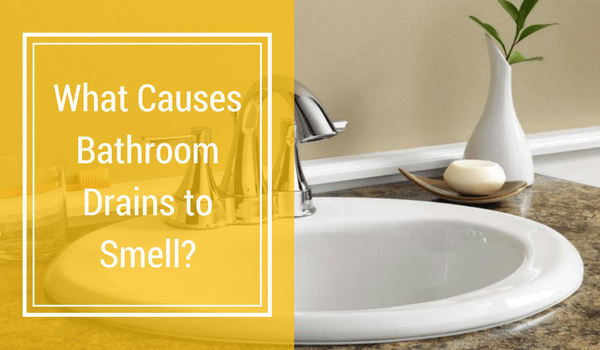
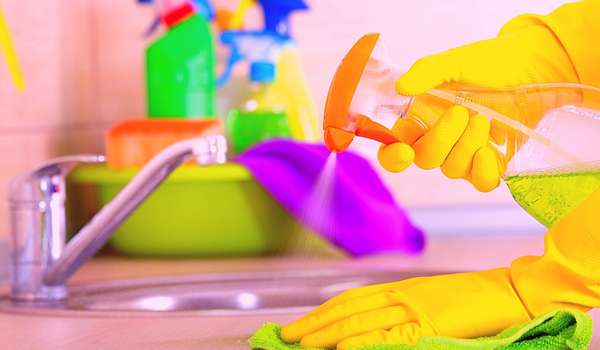



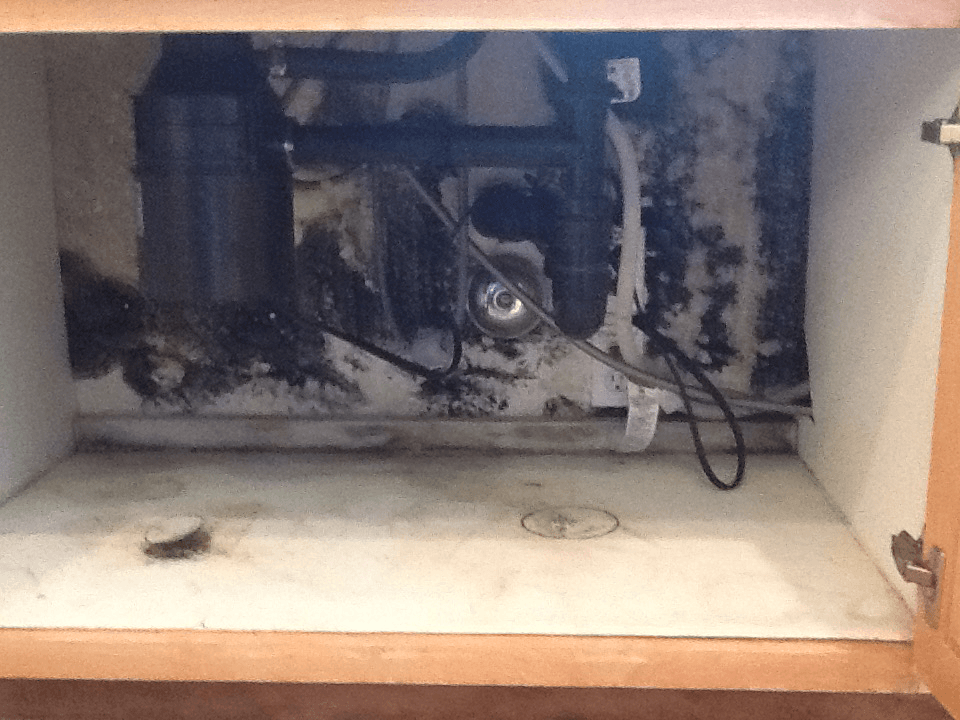






/Getting-rid-of-drain-flies-2656670-V1-1340ca9ec3a743cb95a366862a9961c1.png)


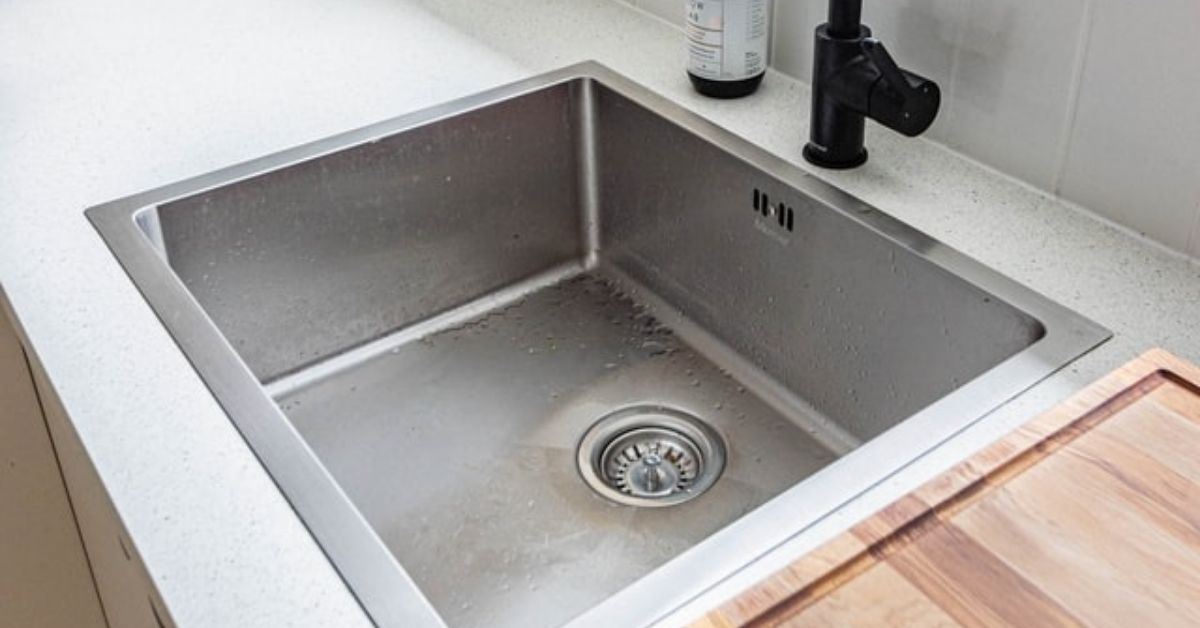
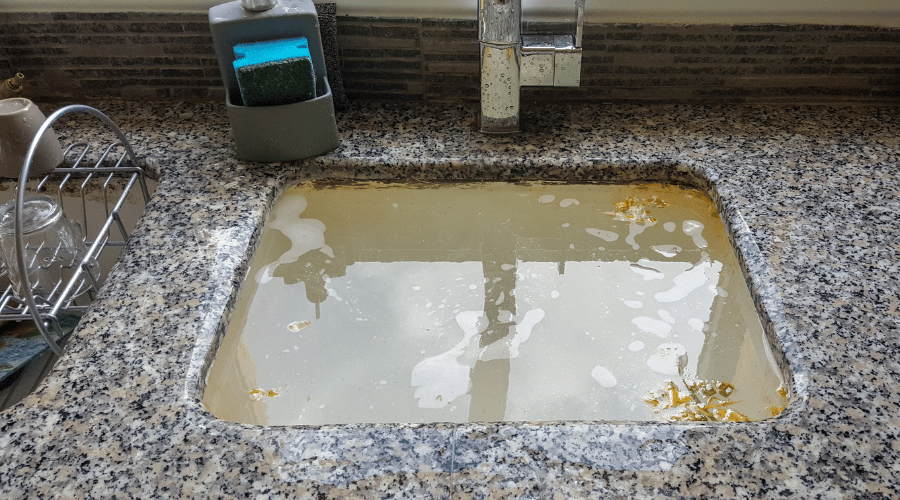
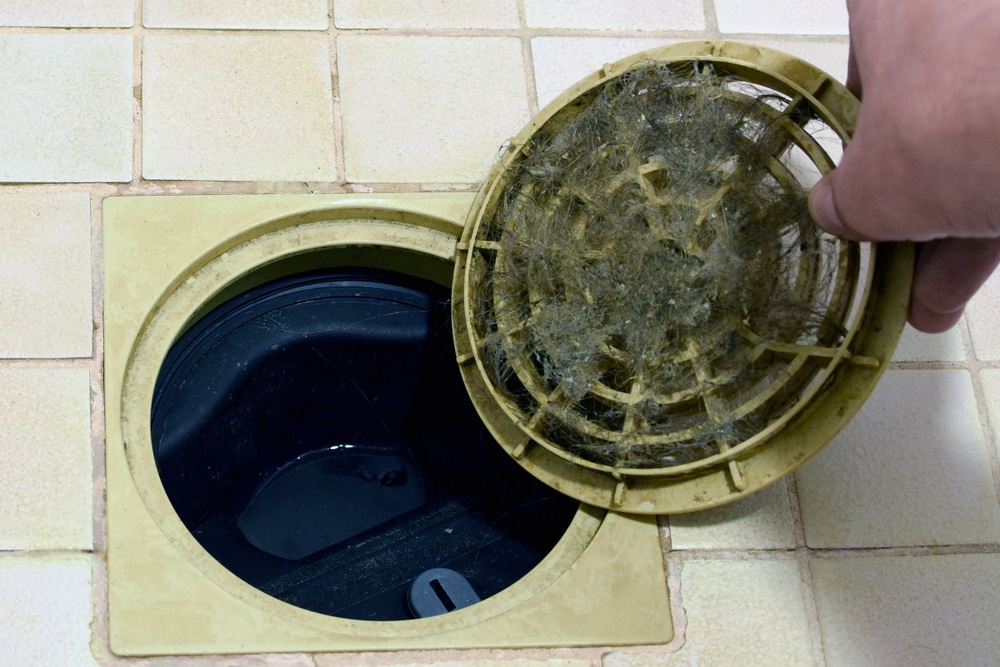







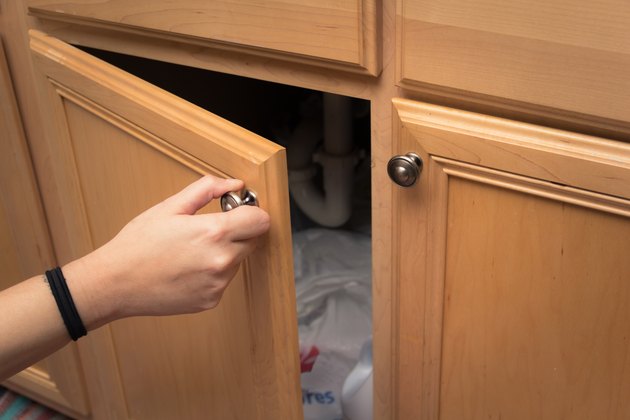
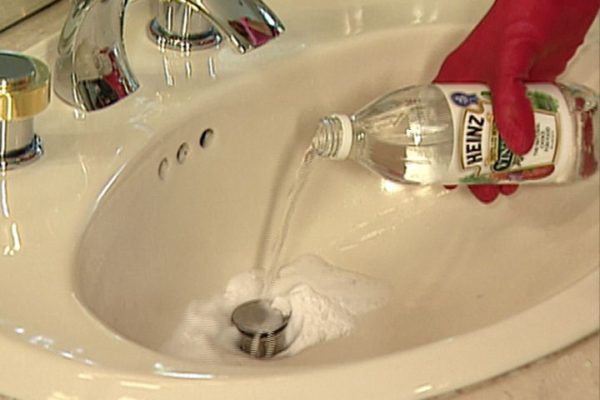



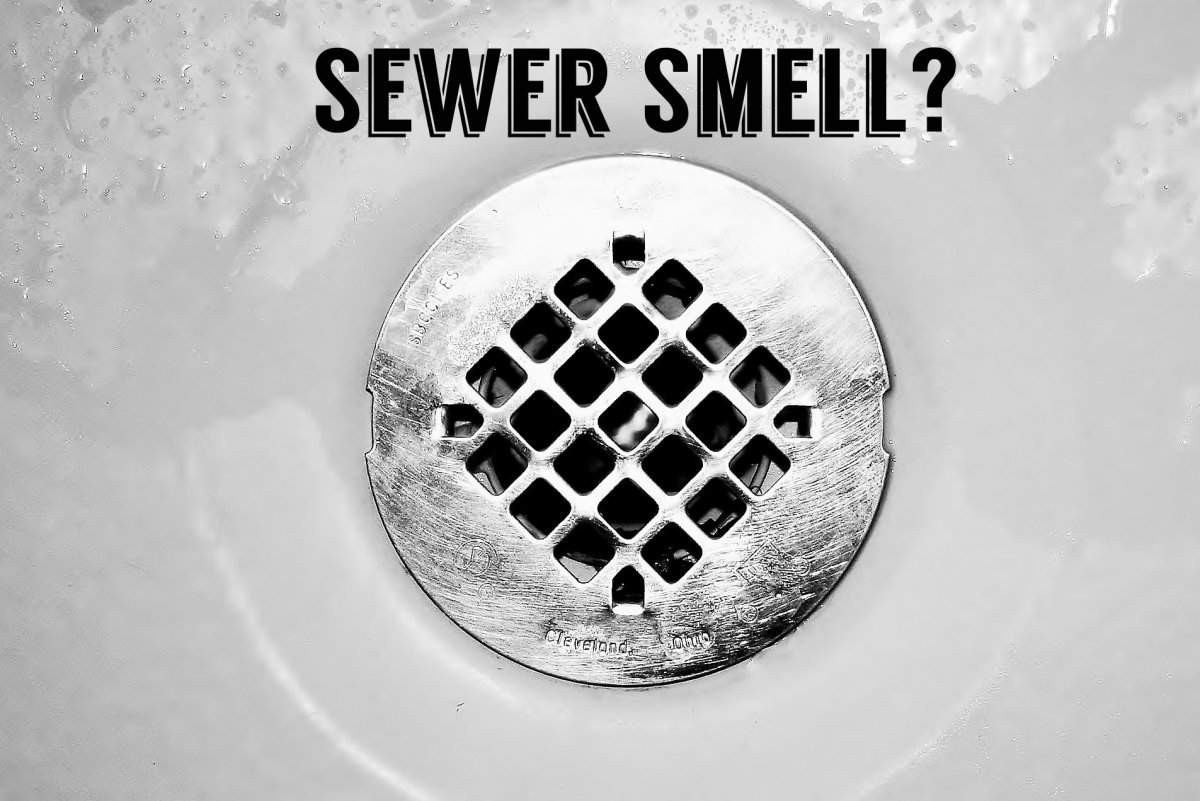
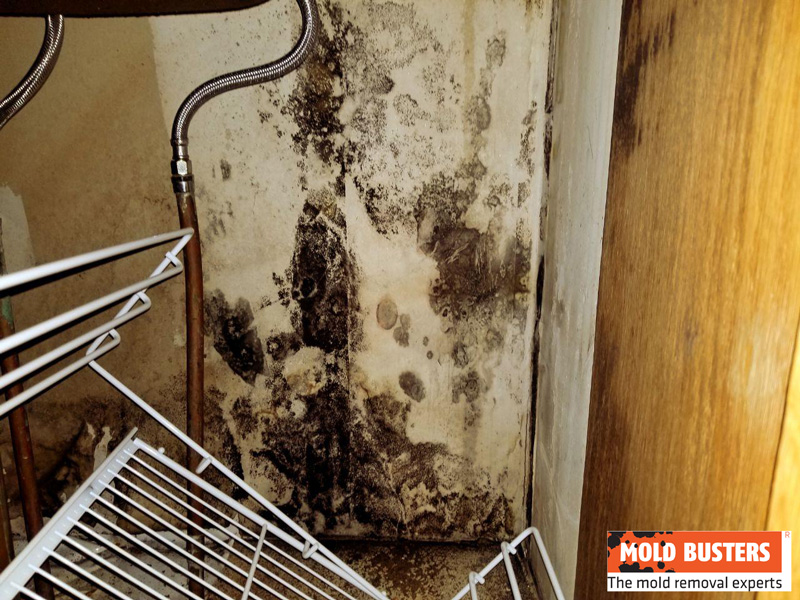

.png)


:max_bytes(150000):strip_icc()/sink-pipe-under-wash-basin-119001607-6f28aec4c66944efb7a9a38cb622ab8b.jpg)




